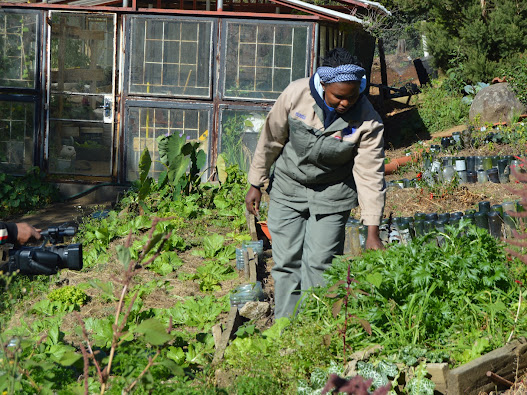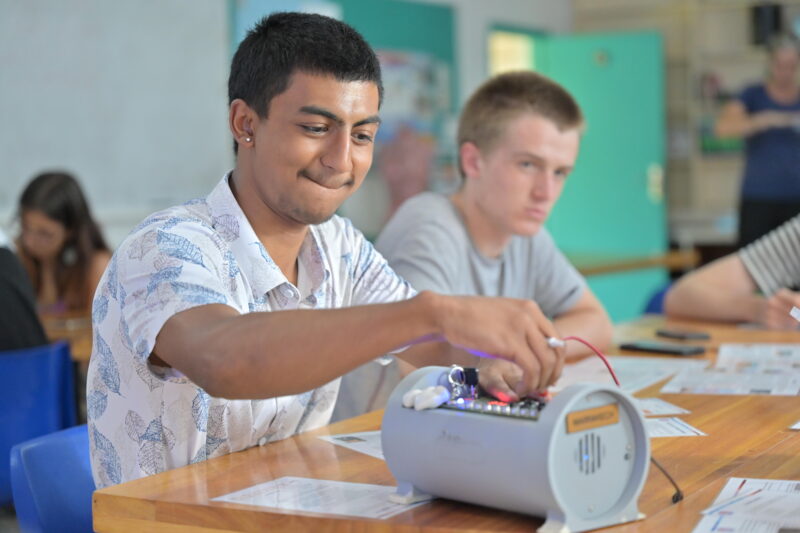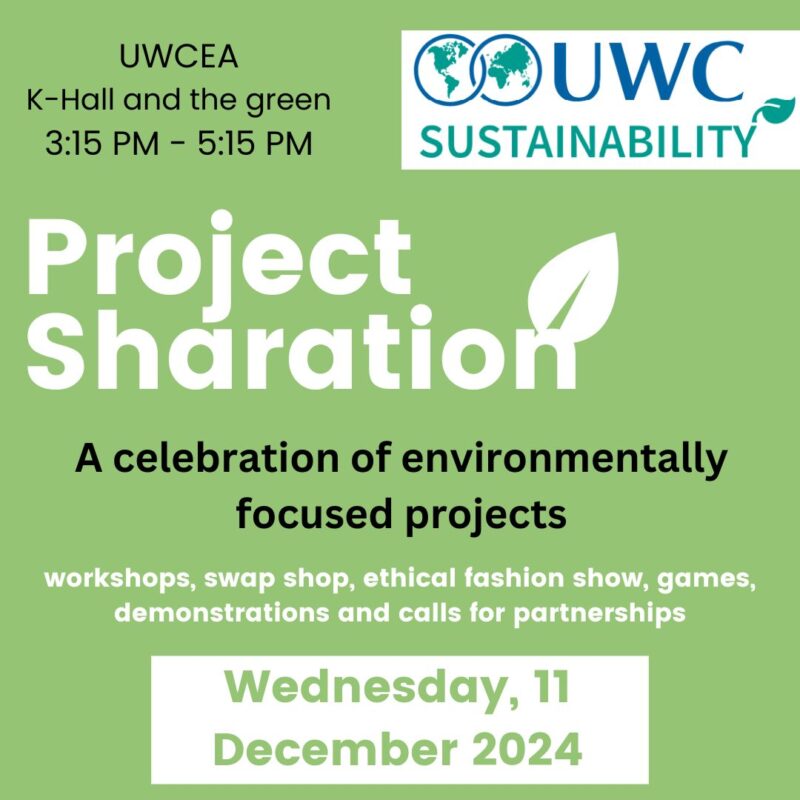
Permaculture Garden at Waterford Kamhlaba
Details
The Waterford Kamhlaba community is doing its part to help make WK carbon-neutral. Boarding schools generate a lot of emissions; from the buses and cars bringing students to campus to the cooking of 3 meals a day, and the heating of water. But the College is helping to minimize emissions and provide life skills to the students, through the permaculture garden.
The word permaculture means “permanent agriculture” in the sense that the whole point behind a permaculture garden is the circular economy. This is how it works: the school uses cardboard or even leaves to cover the soil in the garden and as this rots, they make fertile dark soil full of beneficial microorganisms to feed the vegetables. These prevent nutrients from being eroded away by wind and rain. Now, as the school uses the cardboard to cover and feed the soil it establishes rich loamy beds full of worms to turn the soil and make it fertile. This cover also suppresses weeds.
Nothing gets thrown away in the permaculture gardening process. The food remains from the college’s kitchen go into the bio-digester and are used to produce gas. This gas then goes back into the kitchen to be used for cooking. Similarly, the bio-digester also produces fertilizer for the garden, thereby maintaining as much energy within the system without increased external inputs. This is the circular economy.
The food remains from the kitchen have embedded energy and associated carbon cost in calculating a detailed carbon footprint and these carbon emissions get accounted for by the college. In order to mitigate these emissions, the establishment of organic permaculture gardens is essential.
Waterford’s students work the garden on a weekly basis as part of the Creativity, Activity, and Service (CAS) program. The students learn how the garden works, and they do this under supervision.


